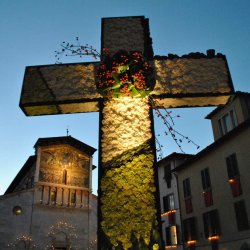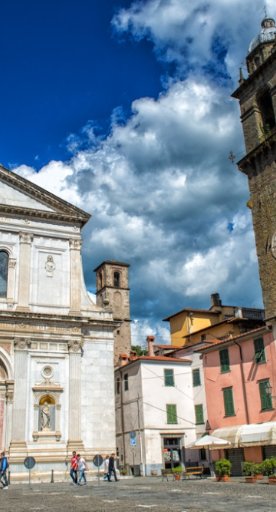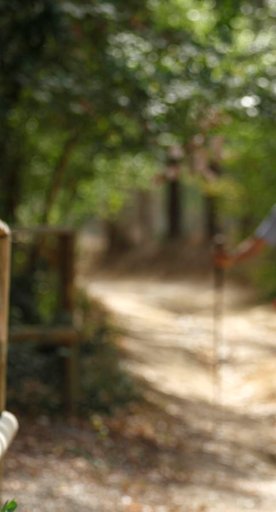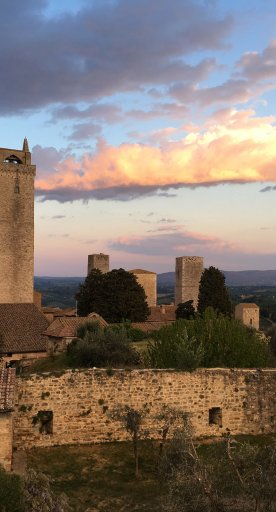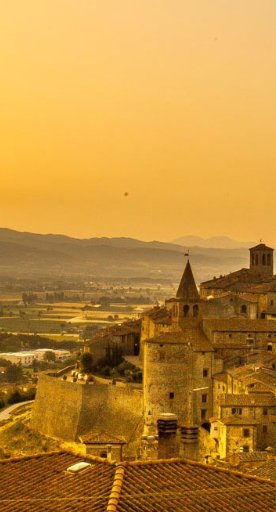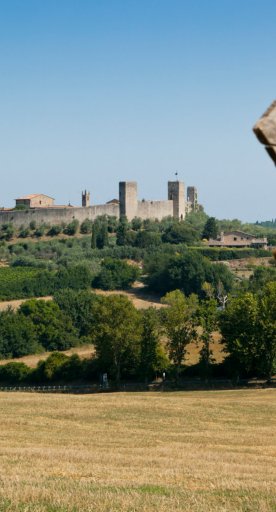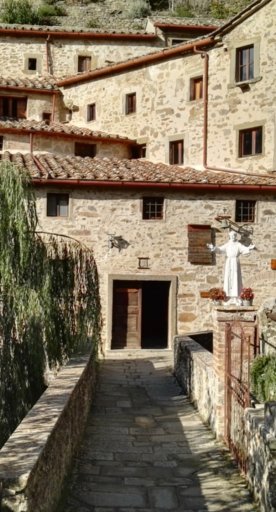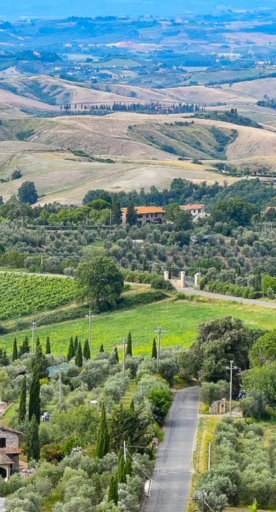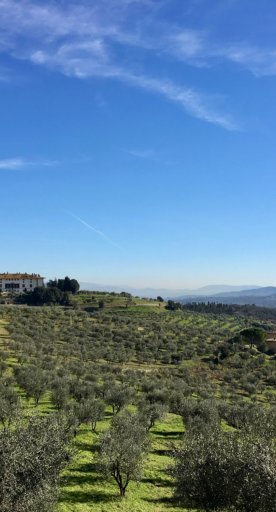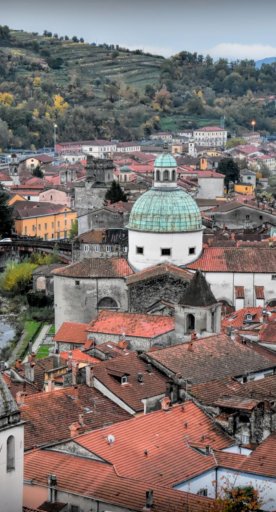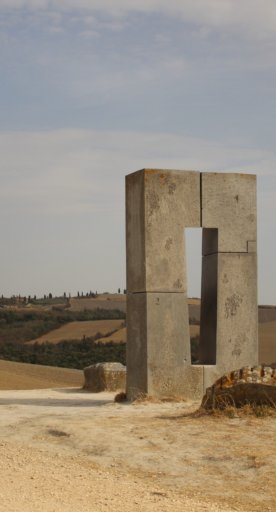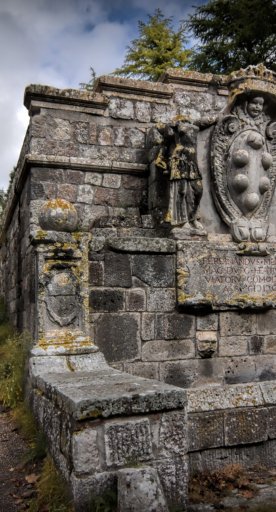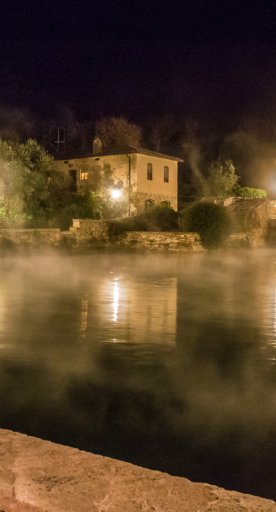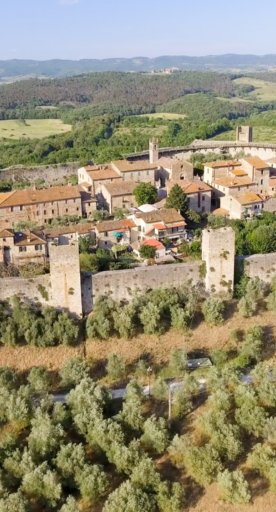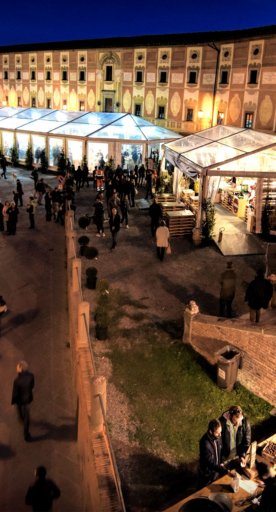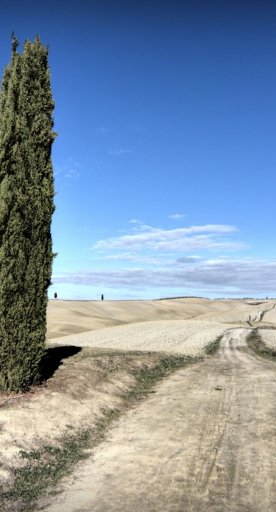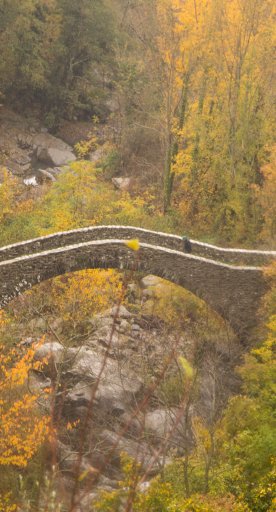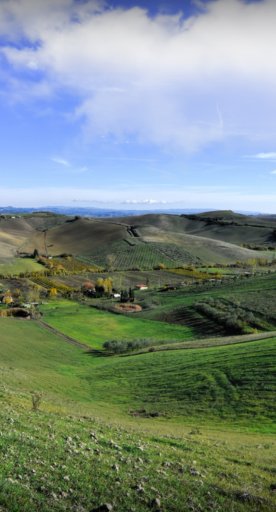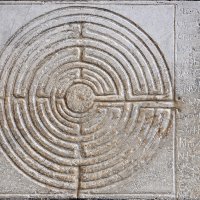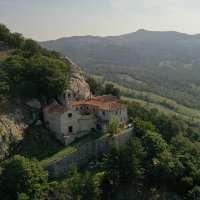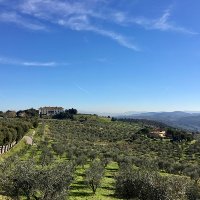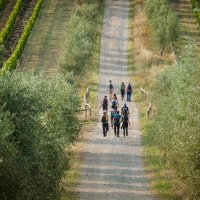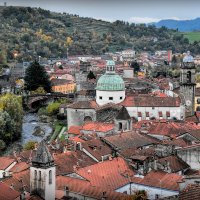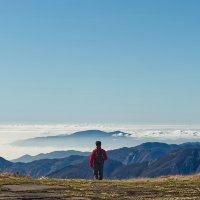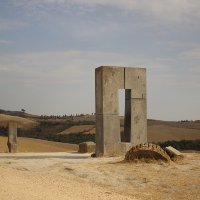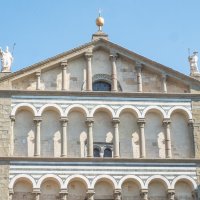
Why do so many people start (and enjoy) walking?
Some good reasons to go on pilgrimage
The Via Francigena, like the Camino de Santiago, is mostly known as a pilgrimage route. Rome and Santiago, together with Jerusalem, were the foremost destinations of medieval pilgrims, so anyone might think that even today the main reason for walking this route is of a religious kind. But this is not exactly the way things are, in fact they are quite different.
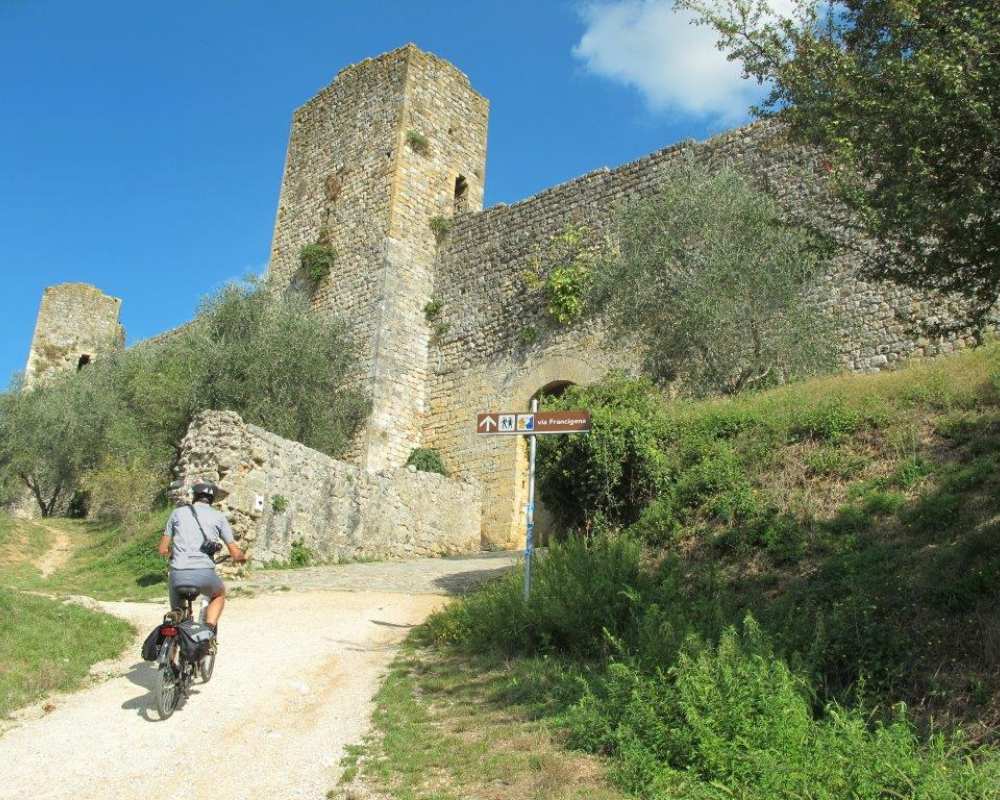
In 2009 I got curious about the Spanish Camino, so I decided to do some volunteer work at the Najera hostel, the eighth stage of the Camino de Santiago. On that occasion I took with me a survey that had been created in collaboration with a research facility at the Touring Club Italiano. I printed 1000 copies of it and handed them out to the hostel guests. That anonymous survey asked the guests to give reasons why they had embarked on their walk by rating the importance of 8 possible reasons. The results were very interesting: only 20% of interviewed guests gave the top rating to the religious motive, and in the general vote count the most popular reason turned out to be 'love for nature' and 'Spain's scenery', followed by 'spiritual (but not necessarily religious) motives', 'love for walking', 'a desire to meet people' and 'the cultural interest'. The religious motives came only sixth in the list of priorities. Among the numerous “other reasons” interviewed walkers came up with I found: 'a challenge to be met', 'a time of personal crisis', 'a bereavement' and many other more or less serious reasons.
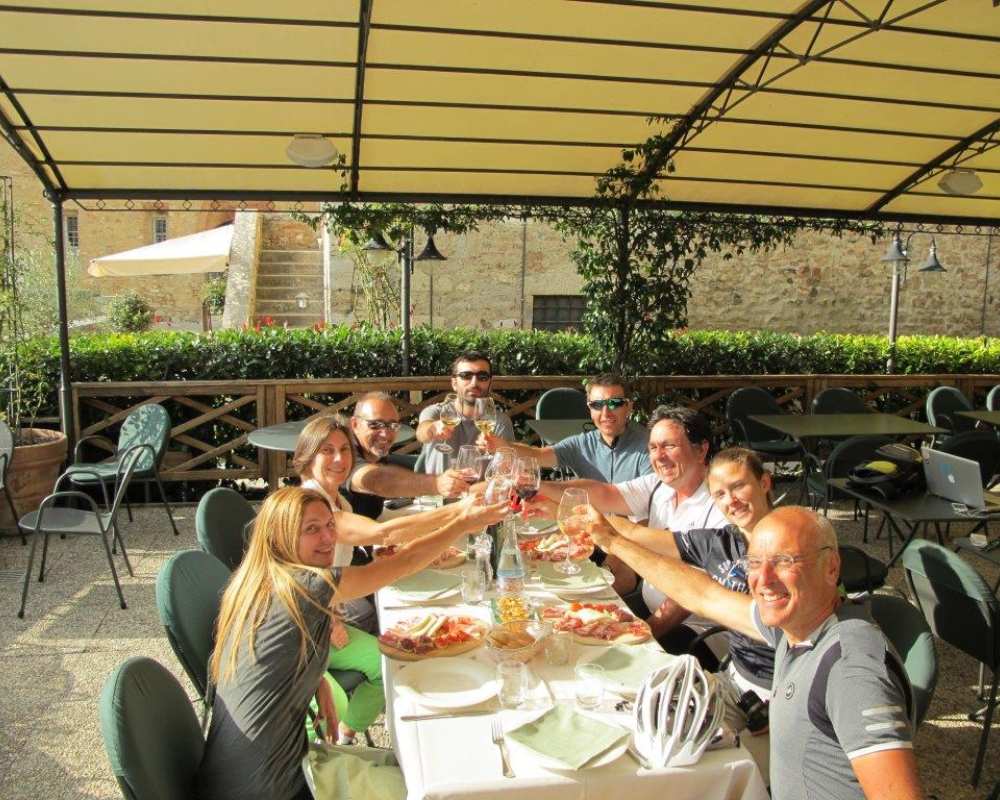
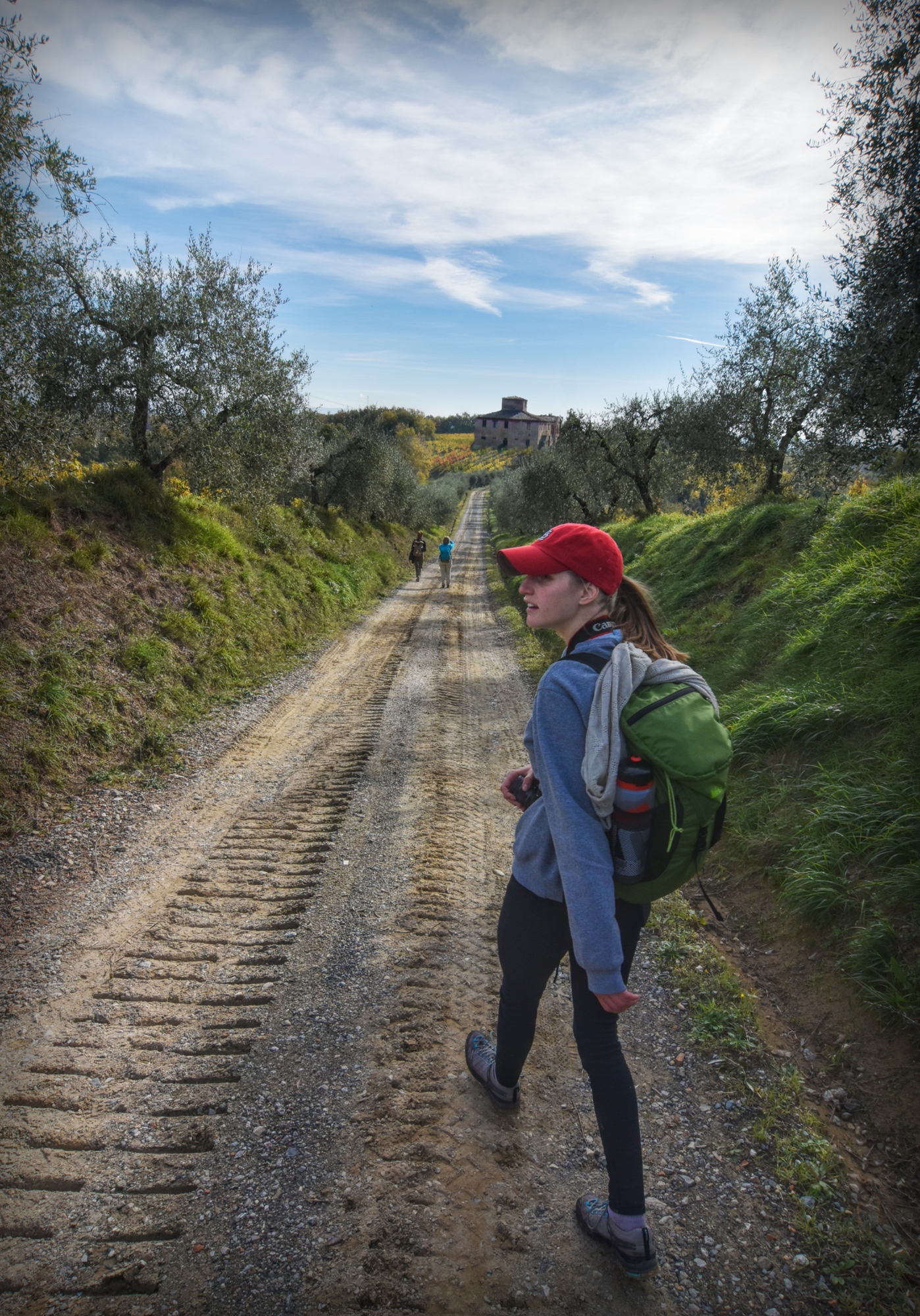
This survey only confirmed my personal impressions. These were formed in countless meetings with walkers along the path before and after that research, and are valid for the Camino de Santiago as much as for several more pilgrimage routes, including the Via Francigena, that are growing in importance all over Europe on the wake of the Spanish route's success.
Today people start walking for many reasons, and none of them has necessarily a marked prevalence over the others. Sometimes people set off walking out of curiosity, for restlessness, to find answers to questions, sometimes even to find questions to be answered. Spirituality and inner research are very important for lay people too, and walking on a religious pilgrimage is an ideal setting to cater for this particular need. Finally, in this long time of crisis we are going through, walking is an excellent way to answer the crumbling of the cornerstones of Western thought, the uncertainty of the future and the lack of definite points of reference.
Walking brings people back to simplicity, it is an obligation to frugality, each step is an invitation to reconsider your scale of values. Your backpack becomes a symbol of the burden we are to carry on our shoulders in daily life, of how material goods we don't wish to part from become a heavy load. Emptying our backpack, donating a garment or a pair of shoes that are weighing us down, or leaving them at a hostel for the needy becomes an obligatory act, giving immediate relief to our shoulders, making our step lighter.
This survey only confirmed my personal impressions. These were formed in countless meetings with walkers along the path before and after that research, and are valid for the Camino de Santiago as much as for several more pilgrimage routes, including the Via Francigena, that are growing in importance all over Europe on the wake of the Spanish route's success.
Today people start walking for many reasons, and none of them has necessarily a marked prevalence over the others. Sometimes people set off walking out of curiosity, for restlessness, to find answers to questions, sometimes even to find questions to be answered. Spirituality and inner research are very important for lay people too, and walking on a religious pilgrimage is an ideal setting to cater for this particular need. Finally, in this long time of crisis we are going through, walking is an excellent way to answer the crumbling of the cornerstones of Western thought, the uncertainty of the future and the lack of definite points of reference.
Walking brings people back to simplicity, it is an obligation to frugality, each step is an invitation to reconsider your scale of values. Your backpack becomes a symbol of the burden we are to carry on our shoulders in daily life, of how material goods we don't wish to part from become a heavy load. Emptying our backpack, donating a garment or a pair of shoes that are weighing us down, or leaving them at a hostel for the needy becomes an obligatory act, giving immediate relief to our shoulders, making our step lighter.
Along a walk, sharing, empathy and solidarity quit being words and become a daily way of life, a necessity. Along the path, intimate friendships are born within a few miles, in ways that would be unthinkable in everyday life. Friendships that often go on for years after the end of the trip, though we may live in different nations. For these reasons, but not for these reasons only, today so many people start walking

